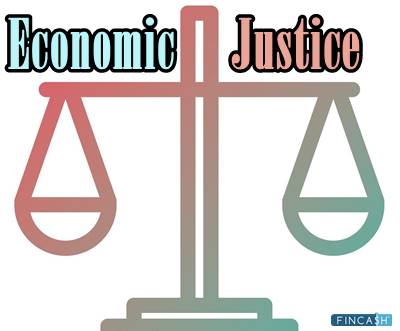Avot 2:17—Rabbi Yosei says: Let your fellow’s money be as dear to you as your own.
In most capitalist economic systems, the guiding ethic for transactions is to secure the best possible deal. The goal of both buyers and sellers is to make (or save) as much money as they can, even if it means taking advantage of the other party. For example, a successful merchant aims to sell at the highest price the market will bear. On the other side, if someone shopping at a yard sale recognizes that a painting in the dollar bin is actually a lost masterpiece, our culture applauds their ability to use their savvy to make an enormous profit.
Jewish law does not work this way. For us, commerce should be guided by justice. While merchants are entitled to fair profits, they must not exploit their buyers. And our shrewd yard sale shopper is required to tell the seller the true value of the painting rather than getting it for a “steal”—because failure to disclose takes advantage of another’s ignorance. Leviticus teaches: “You shall not place a stumbling block before the blind”—which the Rabbis understand as blind in the matter at hand.
Rabbi Yosei boils this down to one line: “Let your fellow’s money be as dear to you as your own.” When your outsized profit comes at another’s expense, it is, by definition, unethical.
This is profoundly counter-cultural in 21st century America—which is all the more reason to heed the words. Unfettered market capitalism is inhumane. Our tradition demands better.

No comments:
Post a Comment